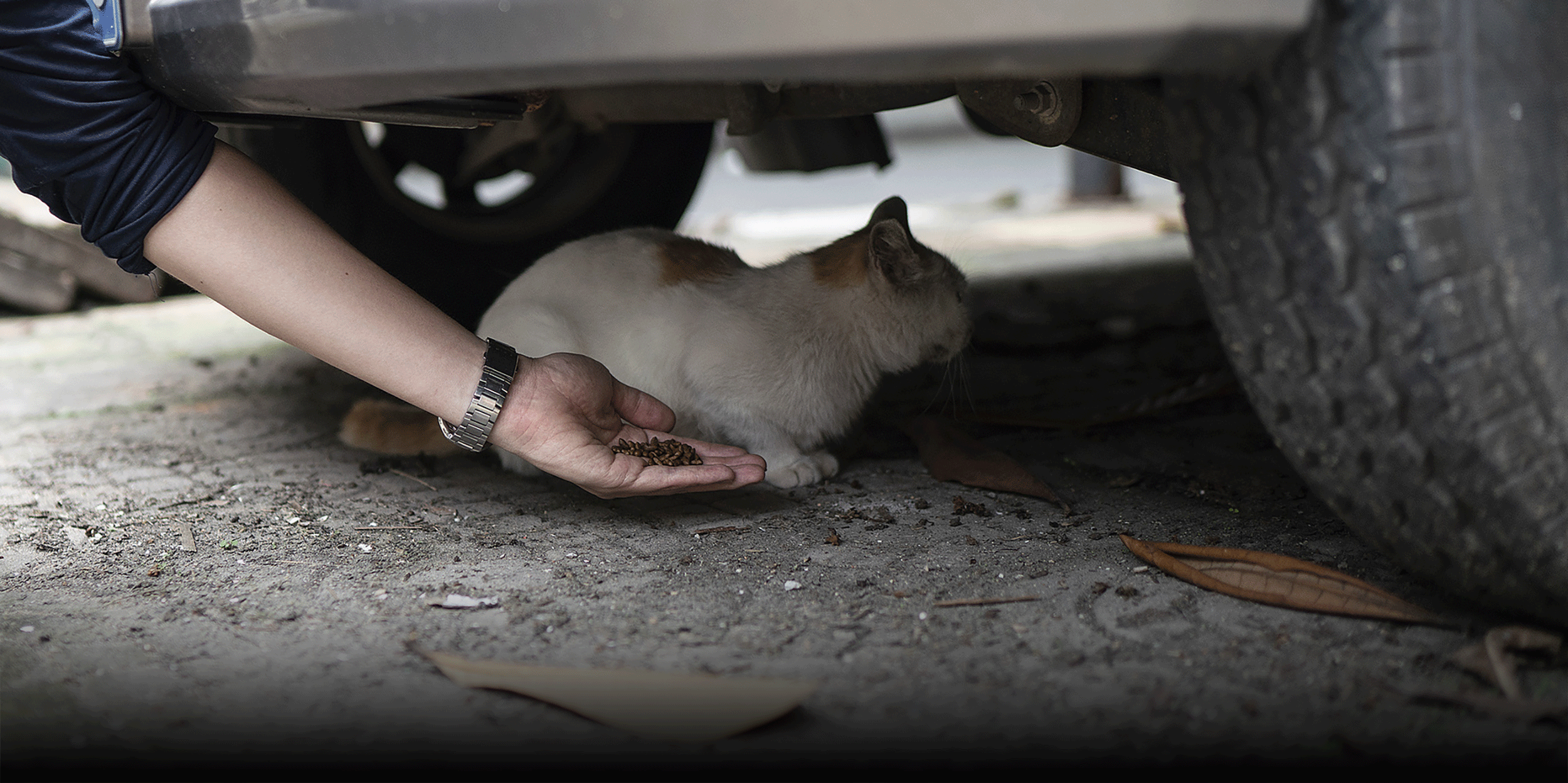
He Poisoned Cats in College. Now He Can’t Join China’s Civil Service.
On the surface, it appeared to be another case of a hopeful student narrowly missing out on a coveted civil service position. On June 19, authorities announced that a fresh graduate surnamed Su had topped the candidate list for a role in community employment services at Tong’an Township Public Service Center in Guilin, southern China’s Guangxi Zhuang Autonomous Region.
The grassroots government job promised Su security in China’s highly competitive job market via a public-facing civil servant position — something that his combined written test and interview scores, the highest attained among the batch of applicants, suggested he’d excel at.
But his aspirations came to a halt overnight.
On July 1, the Pingle County Human Resources and Social Security Bureau in Guilin announced that Su did not meet the moral character requirements for public service employment, and his recruitment qualification was revoked.
The reason lay not in his abilities, but in his past: internet users had connected Su to a notorious animal cruelty case from autumn last year, in which a number of stray cats were killed on the campus of Huazhong Agricultural University, in central China’s Hubei province. Making the link, they flooded the human resources and social security bureau’s website, where details of the recruitment were listed, with petitions to reject Su’s application.
Signs of the imminent rejection began to surface prior to the final notice. On June 29, a Pingle County human resources officer confirmed to domestic media, “We’ve received numerous reports. If verified, he will not be hired.”
By June 30, Tong’an Township officials acknowledged the identity match: their top candidate was indeed the university student who had been disciplined for cat poisoning. The admission ignited social media, with many demanding Su’s disqualification from public service.
The incident in question was first brought to Huazhong Agricultural University’s attention when students noticed a spate of stray cats dying mysteriously near the university’s parking areas throughout October and November last year.
University and police investigators discovered that Su had been crushing up human medication and mixing it with water, placing it where he knew cats would drink. The drugs caused respiratory failure in the animals.
On Dec. 7, 2024, the university issued Su a severe disciplinary warning, citing a violation of campus regulations. The administrative penalty became a permanent mark in his academic record — one that resurfaced during his job screening half a year later.
Guilin’s 2025 recruitment regulations explicitly barred candidates “currently undergoing disciplinary punishment” or lacking “good moral character.” The rules also allowed rejection for “other circumstances” that they deemed made someone unsuitable for public service.
Some netizens argued that his disciplining by the university should have sufficed. “He served his penalty,” one user wrote on microblogging platform Weibo. “Must we ruin his future over cats?”
But a majority supported the decision. A commentary by the Beijing News stated: “Animal cruelty is no trivial matter. It tears at the emotional fabric of society, and hiring such individuals into public positions would amount to tacitly endorsing such behavior. This isn’t about denying personal redemption, but about protecting public interest; it’s a necessary protection of the public good, grounded in the trust-based nature of civil service, where there is no room for trial-and-error risk.”
Su is not the only one to be haunted by past animal abuse, with several applicants facing similar consequences in recent years. In 2023, a student was barred from graduate school over a prior animal cruelty incident. In early 2024, another student was disqualified during a graduate school interview for the same reason.
Public demand for anti-animal cruelty legislation has grown in recent years. Although no such national law has been enacted, some cities — including Changsha, Chengdu, Chongqing, and Shanghai — have local rules that prohibit the abuse of certain animals, such as dogs.
In its commentary on vetting prospective applicants for government positions, the Beijing News commentary concluded, “Fairness means applying the same moral review standards to all candidates — not singling out individuals. Public service roles must be built on a firm defense of social ethics.”
Editor: Tom Arnstein.
(Header image: VCG)










